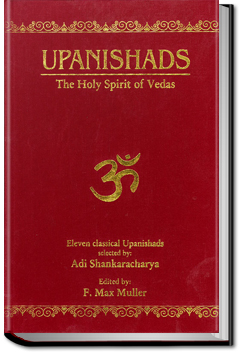

After leaving their bodies, they who have killed the Self go to the worlds of the Asuras, covered with blinding ignorance.
The idea of rising to bright regions as a reward for well-doers, and of falling into realms of darkness as a punishment for evil-doers is common to all great religions. But Vedanta claims that this condition of heaven and hell is only temporary; because our actions, being finite, can produce only a finite result.
What does it mean "to kill the Self?" How can the immortal Soul ever be destroyed? It cannot be destroyed, it can only be obscured. Those who hold themselves under the sway of ignorance, who serve the flesh and neglect the Atman or the real Self, are not able to perceive the effulgent and indestructible nature of their Soul; hence they fall into the realm where the Soul light does not shine. Here the Upanishad shows that the only hell is absence of knowledge. As long as man is overpowered by the darkness of ignorance, he is the slave of Nature and must accept whatever comes as the fruit of his thoughts and deeds. When he strays into the path of unreality, the Sages declare that he destroys himself; because he who clings to the perishable body and regards it as his true Self must experience death many times.
That One, though motionless, is swifter than the mind. The senses can never overtake It, for It ever goes before. Though immovable, It travels faster than those who run. By It the all-pervading air sustains all living beings.
This verse explains the
Get ALL YOU CAN BOOKS absolutely FREE for 30 days. Download our FREE app and enjoy unlimited downloads of our entire library with no restrictions.
Have immediate access and unlimited downloads to over 200,000 books, courses, podcasts, and more with no restrictions.
Everything you download during your trial is yours to keep and enjoy for free, even if you cancel during the trial. Cancel Anytime. No risk. No obligations.
For just $24.99 per month, you can continue to have unlimited access to our entire library. To put that into perspective, most other services charge the same amount for just one book!

As avid readers, we understand the joy of immersing ourselves in a captivating story or getting lost in the pages of a good book. That's why we founded All You Can Books back in 2010, to create a platform where people can access an extensive library of quality content and discover new favorites.
Since our founding days, we’ve continuously added to our vast library and currently have over 200,000 titles, including ebooks, audiobooks, language learning courses, podcasts, bestseller summaries, travel books, and more! Our goal at All You Can Books is to ensure we have something for everyone.
Join our community of book lovers and explore the world of literature and beyond!